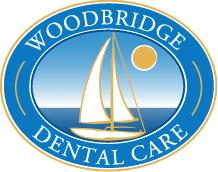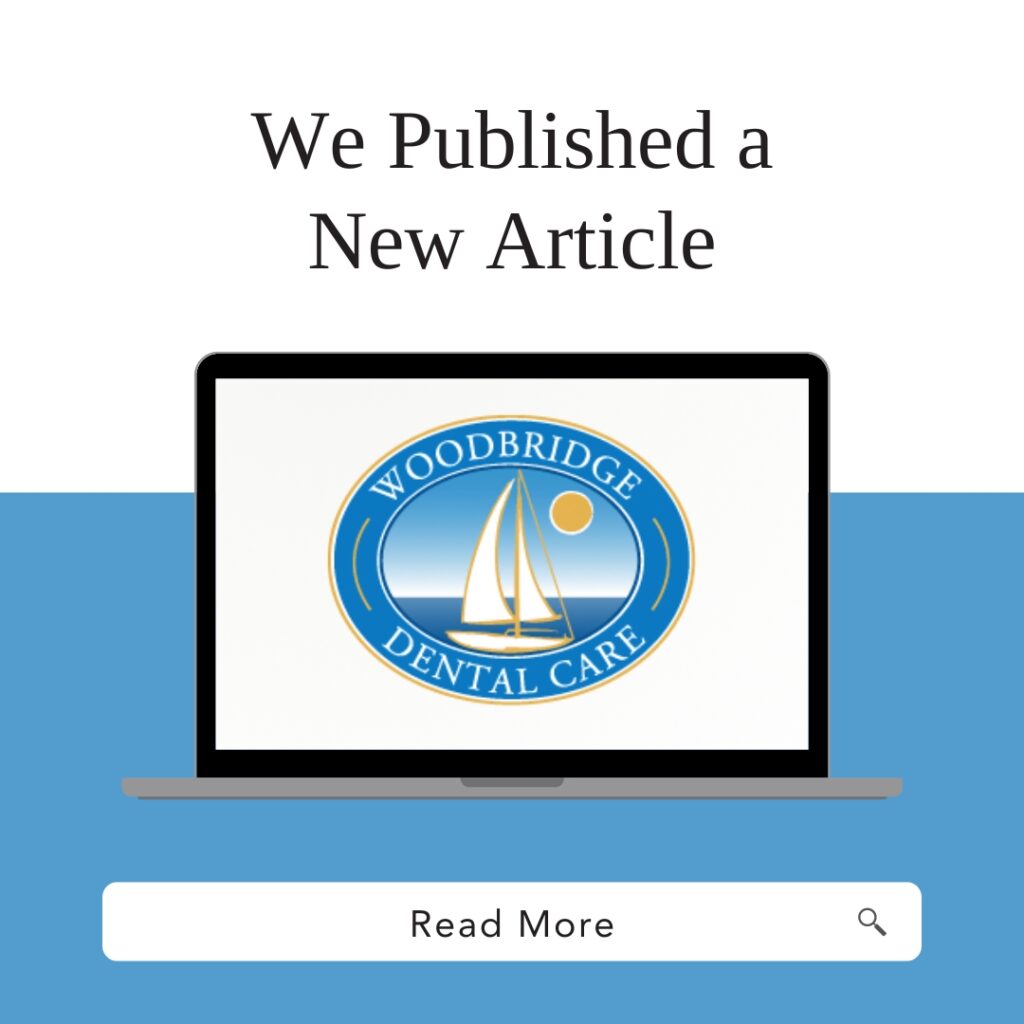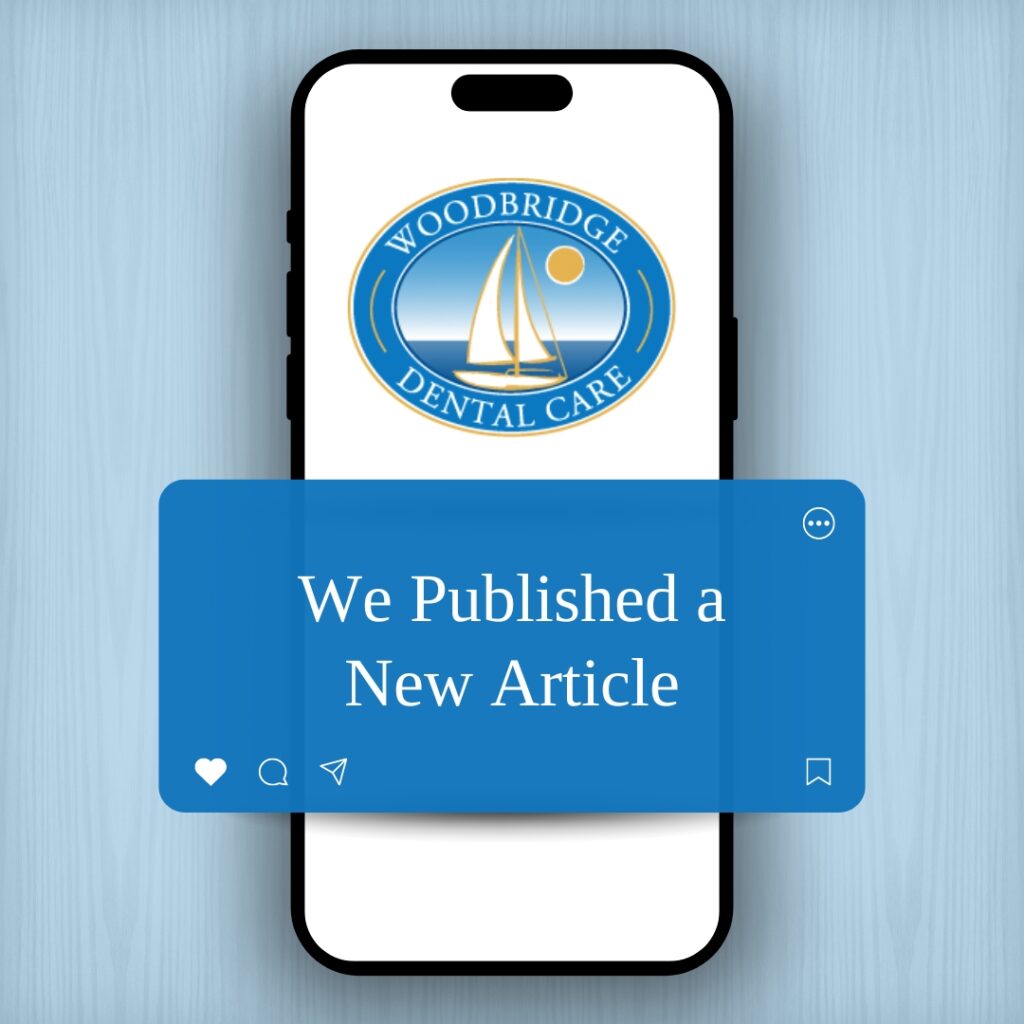As you age, maintaining healthy gums becomes even more important. For seniors, the risk of developing periodontal (gum) disease increases, which can lead to serious complications if left untreated. The good news is that gum disease is often preventable and, in many cases, reversible. By prioritizing gum health, you can significantly reduce the risk of severe oral health problems like gum bleeding, inflammation, and even tooth loss. At Woodbridge Dental Care, we’re committed to helping seniors maintain their gum health and overall well-being. Here’s what you need to know.
Periodontal Disease and Its Impact on Overall Health
Periodontal disease is more than just a dental issue; it has been linked to several serious health conditions. Recent studies, including research from the University of Southampton and King’s College London, found a significant connection between gum disease and accelerated cognitive decline in those with early-stage Alzheimer’s disease. Individuals with periodontal disease experienced cognitive deterioration at a rate up to six times faster than those with healthy gums. This highlights the importance of addressing gum health as you age.
Moreover, periodontal disease has been shown to contribute to an increased risk of heart disease and stroke. The bacteria that cause gum disease can enter the bloodstream, potentially leading to inflammation in the arteries and increasing the risk of these serious conditions. As these health risks tend to rise with age, maintaining gum health through regular visits to your dentist in Woodbridge is a simple but powerful step to protect your overall well-being.
The Statistics Behind Gum Disease in Seniors
According to the National Institute of Dental and Craniofacial Research, more than 14% of seniors aged 65 to 74 have moderate to severe periodontal disease. This number increases to over 20% for those aged 75 and older. Men are generally more prone to gum disease than women, and lifestyle factors like smoking can further exacerbate the issue. Research shows that 32% of current smokers suffer from periodontal disease, compared to just 14% of non-smokers.
Steps to Protect Your Gum Health
The key to preventing gum disease and its associated risks is vigilance. By following a few simple steps, you can help ensure the continued health of your gums:
- Brush Regularly: Brush your teeth for at least two minutes, twice a day, using a soft-bristled toothbrush. This helps remove plaque and prevent the buildup of bacteria that can cause gum disease.
- Floss Daily: Flossing is essential to clean between your teeth and along the gumline where your toothbrush can’t reach. Daily flossing helps remove plaque and food particles that contribute to gum problems.
- Visit Your Dentist in Woodbridge: Regular dental check-ups are crucial for seniors. Our team at Woodbridge Dental Care can provide a thorough gum evaluation and help develop a personalized plan to protect your gum health. Early detection of gum disease allows for more effective treatment.
Partnering with Your Dentist for Lifelong Gum Health
Your dentist in Woodbridge can be an invaluable partner in maintaining optimal gum health as you age. By incorporating regular dental visits into your routine, you can minimize your risk of gum disease and related health issues. At Woodbridge Dental Care, we are dedicated to providing senior-focused dental care to help you enjoy a healthy smile for years to come. Contact us today to schedule your next appointment and take the first step toward better gum health.







